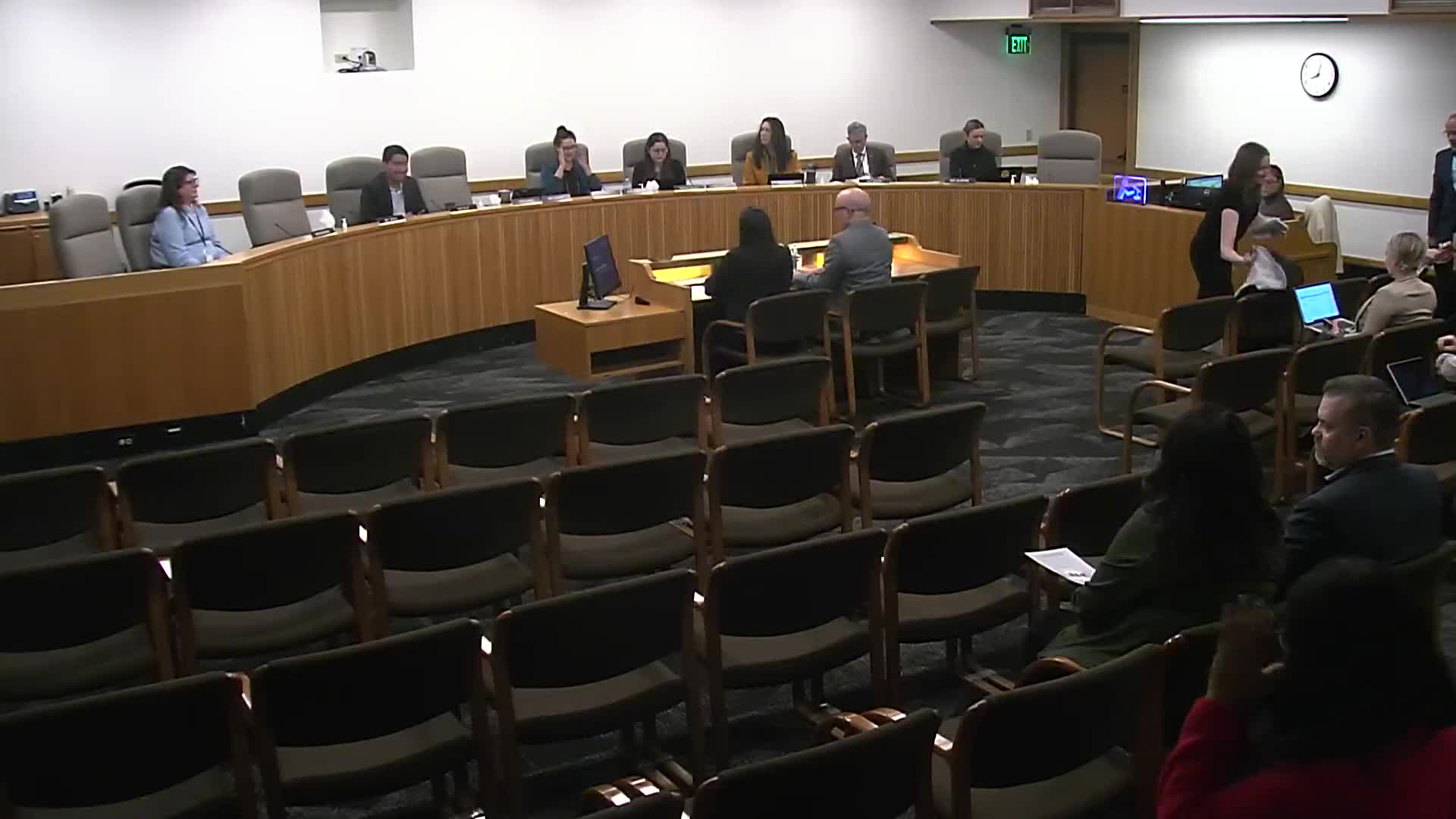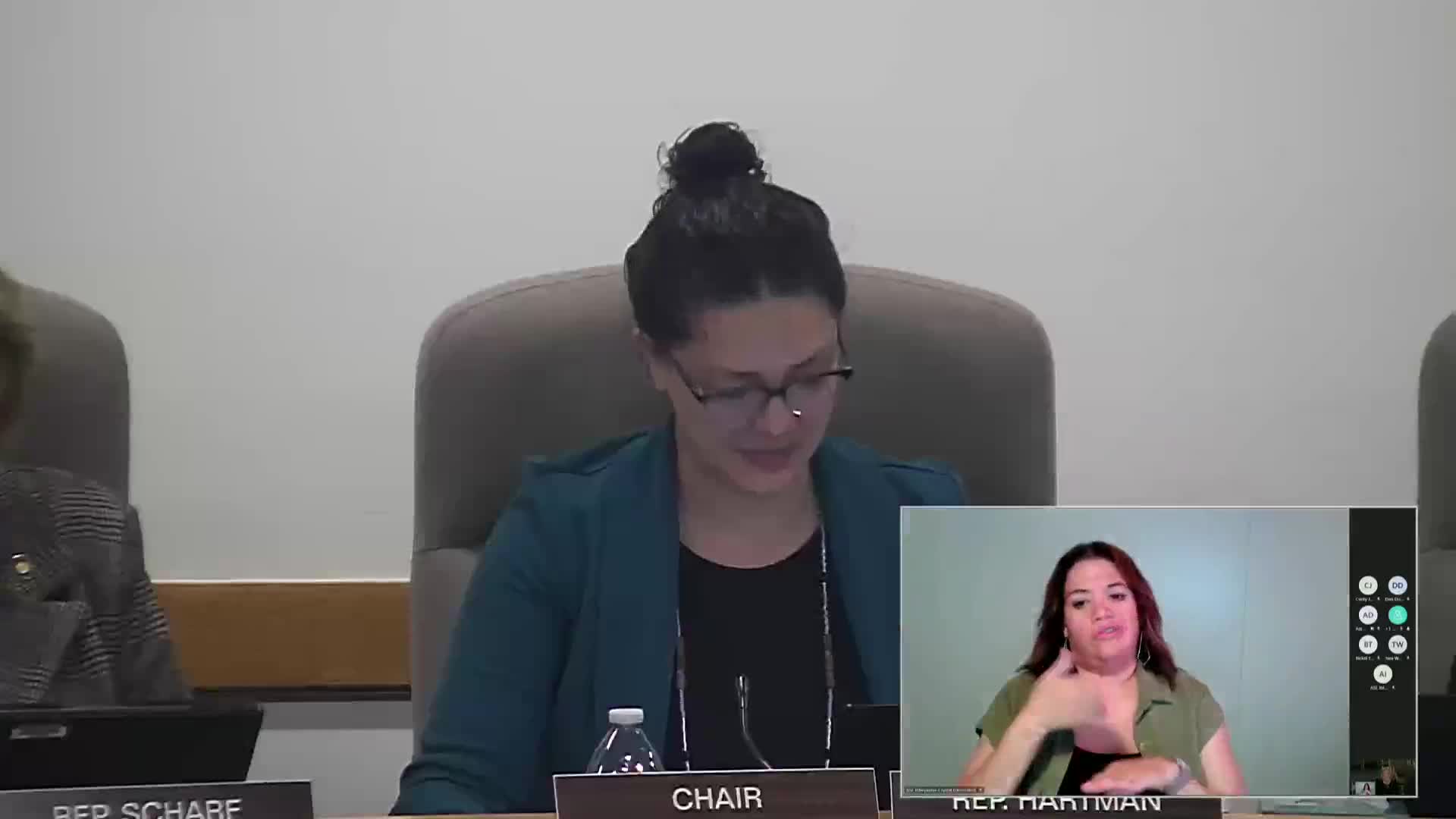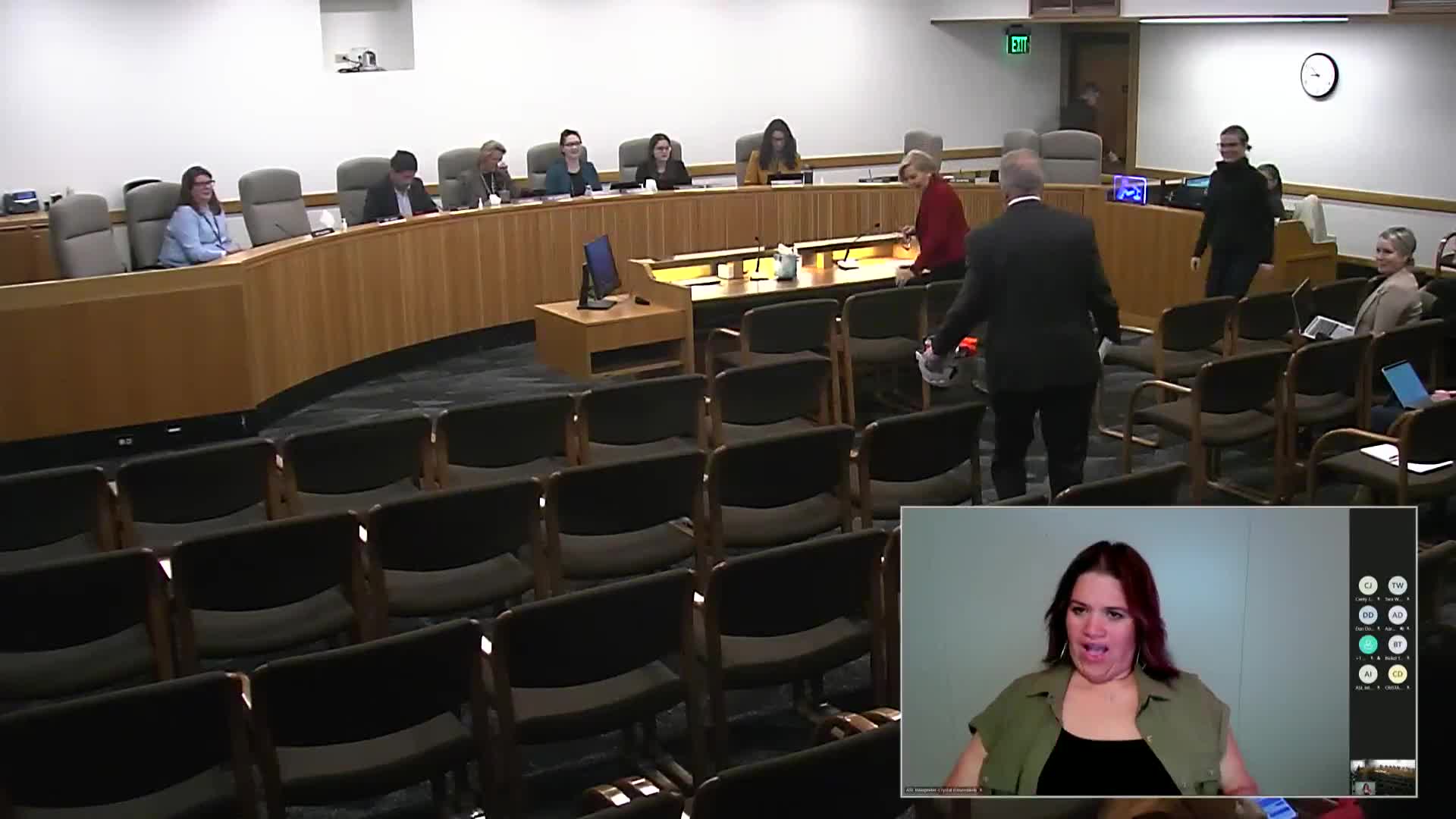Article not found
This article is no longer available. But don't worry—we've gathered other articles that discuss the same topic.

Providers urge automatic COLA after rate-and-wage study finds $558 million funding gap for direct support professionals

CARE program expansion bill would let counties offer school‑based family supports to reduce chronic absenteeism

